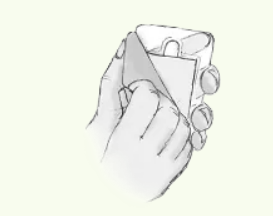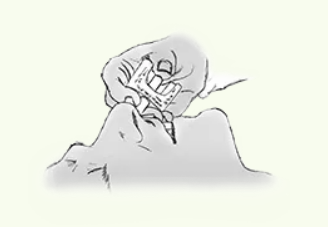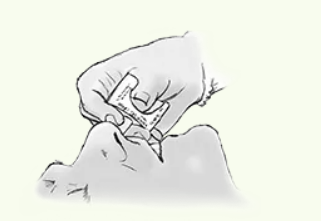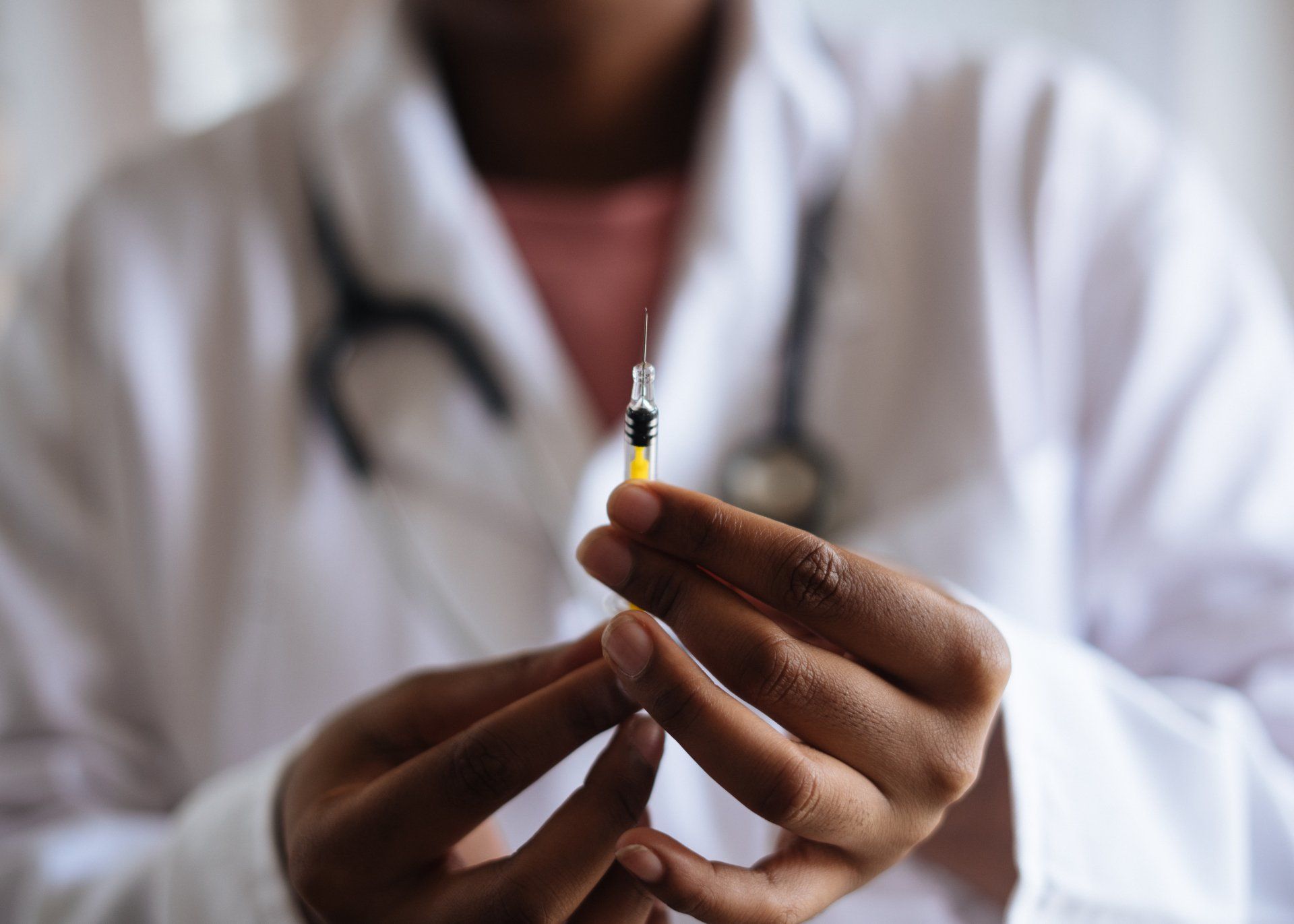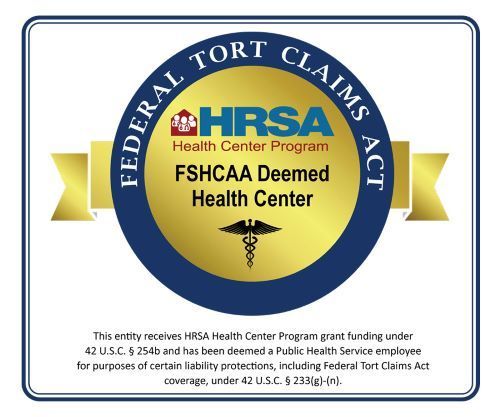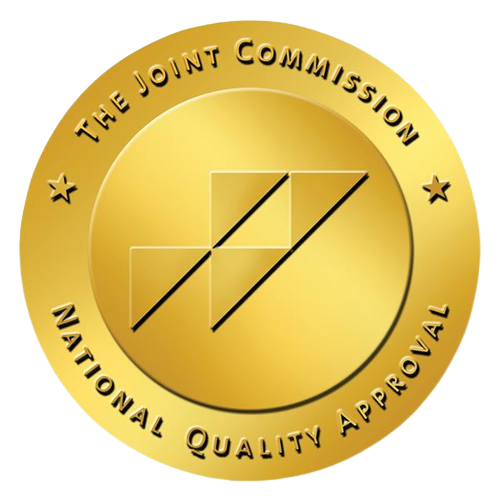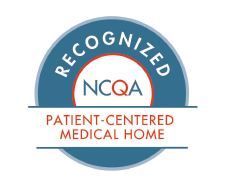RX Pad Blog
Common Misconceptions Of Naloxone And Instructions For Use

What Is Naloxone?
Naloxone is a medication that can rapidly reverse the effects of opioid overdose. Opioids are commonly used to treat pain, but when taken in large amounts, can result in slowed breathing, and potentially death. Examples of opioids that naloxone would help to reverse the effects include oxycodone (Oxycontin), hydrocodone (Vicodin), heroin, and fentanyl.
Common Misconceptions about Naloxone
The availability of this medication encourages drug use - Access to Naloxone does NOT encourage drug use. Opioid overdose can happen with both legal and illegal use of opioid medications. Access to naloxone during an opioid overdose gives the patient a second chance at life.
Naloxone can be abused or misused - Naloxone is safe and effective for opioid overdose reversal with NO potential for abuse. Naloxone only works if the person has opioids in their system and has no harmful effect if opioids are absent.
Naloxone is difficult to obtain - Thanks to statewide standing orders in various states, including North Carolina, pharmacists can dispense naloxone without a prescription to anyone interested in having it for the safety of themselves or their loved ones. Talk to your pharmacist or healthcare provider about how to obtain Naloxone!
Naloxone is expensive - A variety of naloxone products (nasal spray, injection, auto-injection) are available to respond to an overdose. The most common brand name of naloxone is Narcan Nasal Spray. The cost of Narcan Nasal Spray differs based on insurance coverage, however, according to research from 2019, 49% of prescriptions for Narcan had a copay of $0. If you are uninsured and interested in obtaining Narcan, the average price is around $120 for 2 doses.
The NC Harm Reduction Coalition is a great resource if cost is a concern, as they offer free overdose rescue kits to patients at high risk of overdose. Learn More. It is important to note that if you are at risk of opioid overdose, you would not be able to administer naloxone for yourself and would need a friend or family member to administer this medication to you.
How To Use Naloxone
The instructions below, outline how to utilize Narcan (naloxone) nasal spray. Narcan nasal spray can be used for the treatment of a known or suspected opioid overdose emergency with signs of pinpoint pupils, breathing problems including slowed or irregular breathing, or extreme sleepiness or inability to wake.
After administering Narcan nasal spray
- Call 911 right away. Narcan does not replace the need for emergency medical attention!
- If the person does not respond by waking up to voice or touch, another dose of Narcan Nasal spray may be given every 2-3 minutes if available. Each Narcan Nasal Spray has 1 dose and cannot be reused, so utilize a different Narcan Nasal Spray device.
Talk to your Pharmacist to see if Naloxone is right for you!
Your pharmacist can dispense naloxone to you today without a prescription from your doctor, and can help counsel on the proper use of Narcan nasal spray, or the various other formulations available. If you would like to have access to this life-saving medication for yourself or to help someone else you know who may be at risk of opioid overdose, talk to your pharmacist today!
Naloxone cannot be abused and is not a replacement for emergency medical services. Be sure to call 911 right away after administering Naloxone. Remember: you cannot administer naloxone to yourself if you are experiencing an overdose, so let a loved one know where you store naloxone, and how to administer it!
Resources
- “Myths and Facts About Naloxone”, CVS Health – Read More
- “How To Use Narcan”, Narcan.com – Read More
- “Getting Naloxone From NCHRC”, NC Harm Reduction Coalition – Read More
